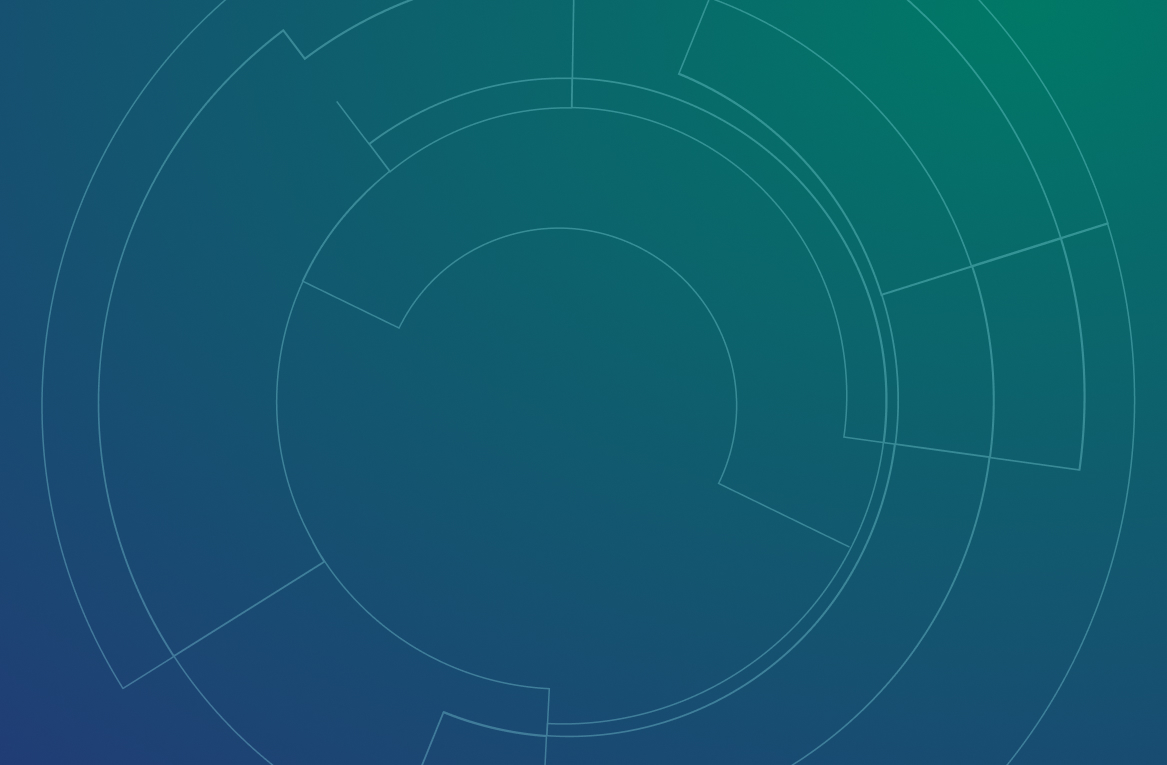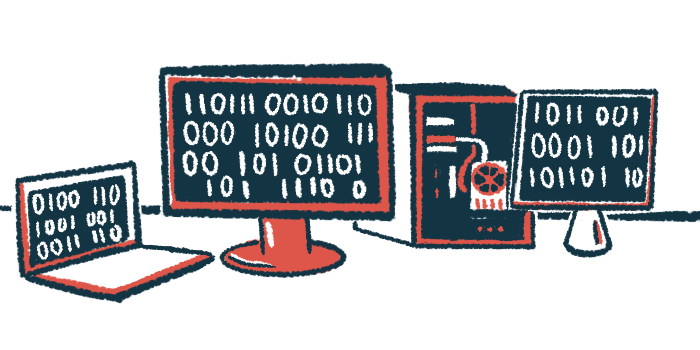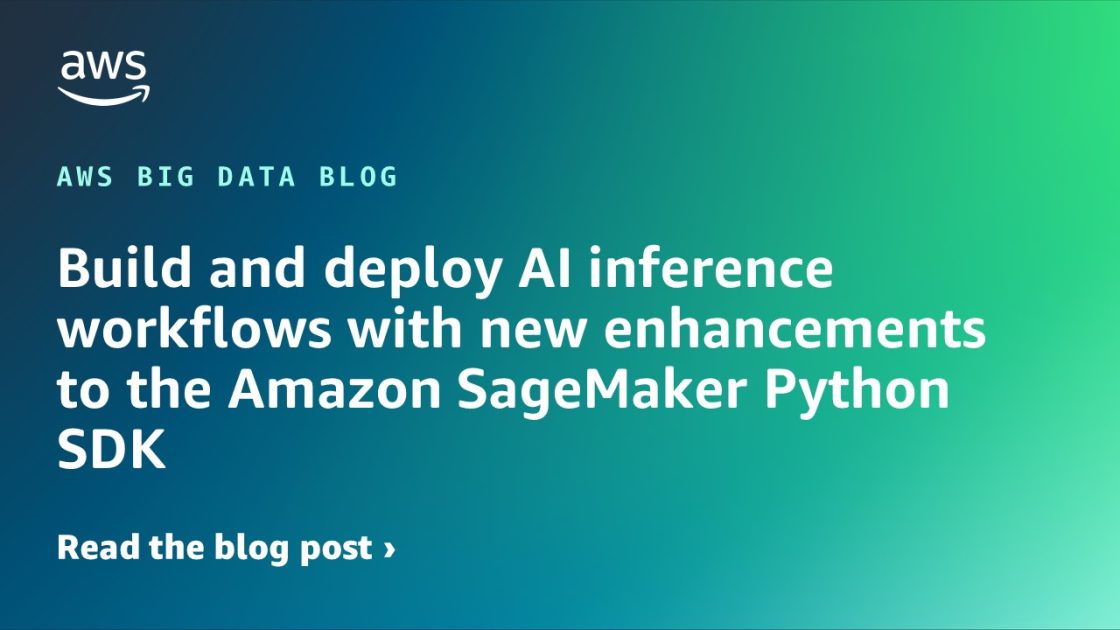New model would be used to analyze biopsies of salivary glands Using artificial intelligence (AI) to analyze biopsies of the salivary glands in people with Sjögren’s disease may help identify patients who are likely to have disease involvement in vital organs, a new study reports. According to the researchers, the novel model developed by the

AI Applications in Medical Science and Engineering | EIT Deep Tech Talent Initiative
The course AI Applications in Medical Science and Engineering offers a focused, self-paced introduction to the application of artificial intelligence (AI) across key areas of healthcare, medical research, and biomedical engineering. In approximately 25 hours of guided learning, participants explore how AI methods such as machine learning (ML), deep learning, and generative AI are transforming diagnosis, patient care, medical imaging, and research workflows.
The course is designed for learners with an interest in health technologies, biomedical sciences, and engineering. It is suitable for students, healthcare professionals, and early-career researchers aiming to develop a foundational understanding of AI’s role in medical innovation. Basic familiarity with programming (e.g., Python) and general scientific concepts is helpful but not mandatory.
Learners will gain essential knowledge about AI concepts, from basic machine learning models to neural networks and generative AI (GenAI). The course focuses on deep tech elements including image analysis (classification, localization, segmentation), telemedicine support systems, therapy recommender systems, sensor-based cell analysis, conversational AI in healthcare, and AI-augmented hearing devices. Key challenges such as data scarcity, label uncertainty, data privacy, and standardization in medical datasets are discussed in depth, preparing learners to critically assess the deployment of AI in medical contexts.
The course structure consists of thematic video lectures grouped into application domains, interspersed with hands-on exercises delivered as Jupyter notebooks. Practical exercises emphasize working with medical image data, using state-of-the-art deep learning models like the Segment Anything Model (SAM) on platforms such as Google Colab. All learning is self-directed, without live sessions, allowing maximum flexibility.
Assessment is based on an online exam and the successful completion of coding exercises. The exam includes theory questions and basic calculation exercises, but no programming tasks are directly tested. Learners can choose different engagement levels: reading through annotated notebooks, executing and modifying code, or tackling small programming challenges for deeper practice.



